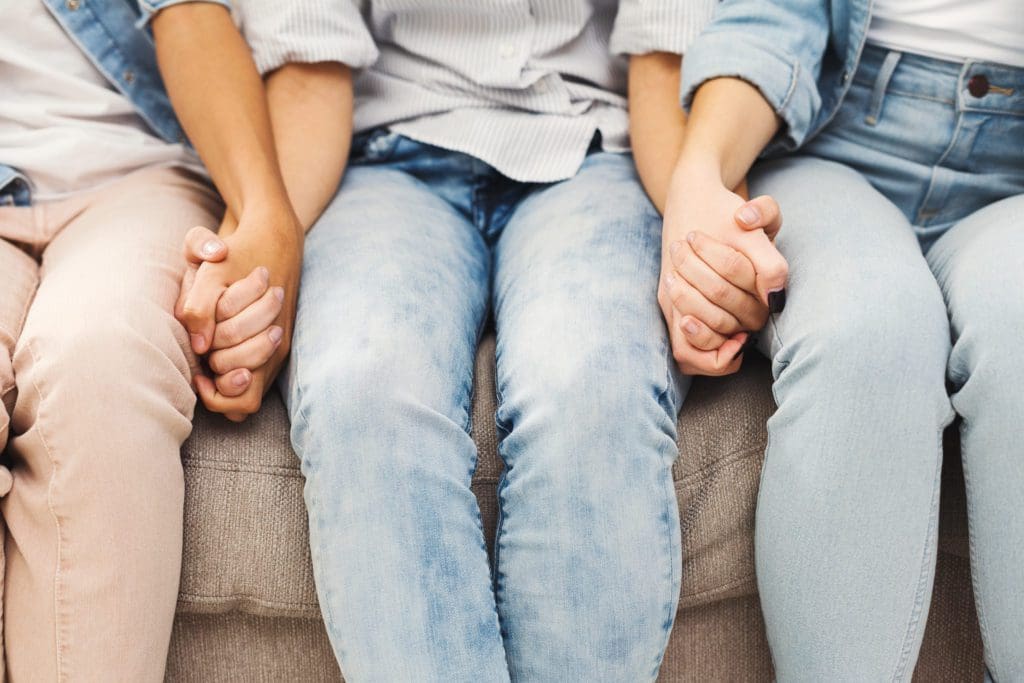New York judge rules polyamorous relationships deserve legal protection, just like every other
A New York City judge has ruled that polyamorous relationships are entitled to the same legal protection given to two-person relationships.

The ruling revolves around a case involving three individuals: Scott Anderson, Markyus O’Neill and Robert Romano.
Anderson and O’Neill lived together in a New York City apartment which Anderson held the lease for.
Anderson was married to Romano however, who lived at another address.
A case was brought forward following Anderson’s death. The building’s owner argued that O’Neill had no right to renew the lease since he was just a “roommate” of Anderson’s and not “a non-traditional family member”, LGBTQ Nation reported.
But at the city’s eviction court, civil court Judge Karen May Bacdayan concluded that polyamorous relationships – involving more than two people – are entitled to the same legal protections given to two-person relationships.
‘Complex issue of multi-person relationships’
Judge Bacdayan referenced Braschi v Stahl Assocs Co – a 1989 New York Court of Appeals case that decided a two-person, same-sex relationship is entitled to legal recognition.
She wrote in her opinion: “Braschi is widely regarded as a catalyst for the legal challenges and changes that ensued.
“By the end of 2014, gay marriage was legal in 35 states through either legislation or state court action. Obergefell v Hodges (2015), the seminal Supreme Court decision that established same-sex marriage as a constitutional right was also heralded as groundbreaking.”
Bacdayan also noted the cases she referenced involved two-person relationships, whereas this case presented the “distinct and complex issue of significant multi-person relationships”.
The judge cited legislation passed since the advent of federally recognised, same-sex unions.
Bacdayan then questioned why the limitation of two persons is inserted into the definition of a “family-like relationship”.
“Is ‘two’ a ‘code word’ for monogamy? Why does a person have to be committed to one other person in only certain prescribed ways in order to enjoy stability in housing after the departure of a loved one?” She said.
The attorney for the property owner described defendant O’Neill’s affidavit, claiming himself as a non-traditional family member, as a “fairytale”.
After further investigation of the three individuals’ relationship, the case will return to court.
